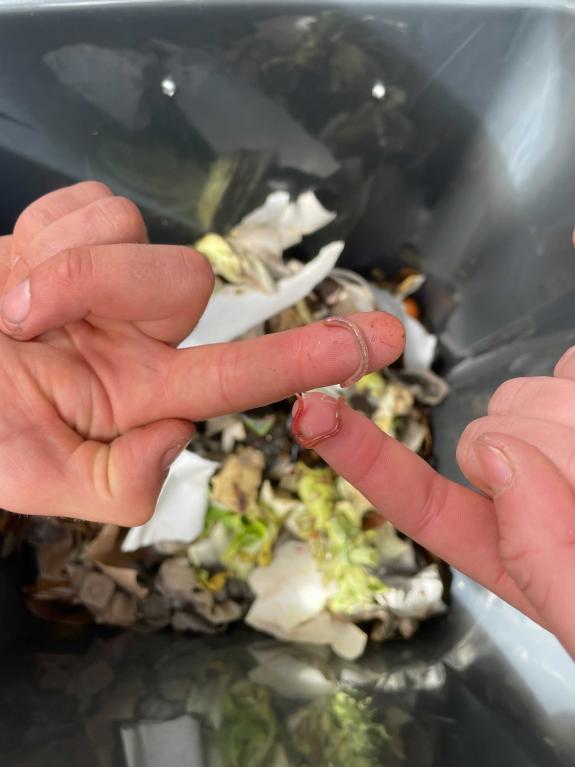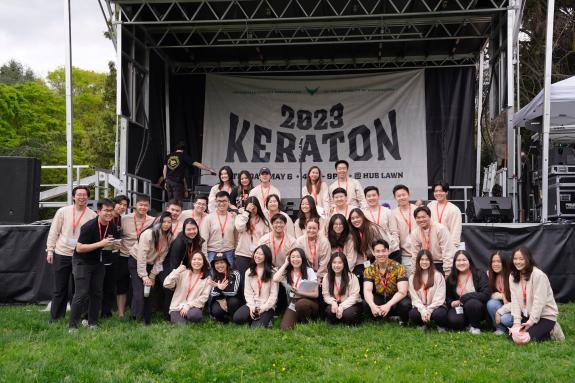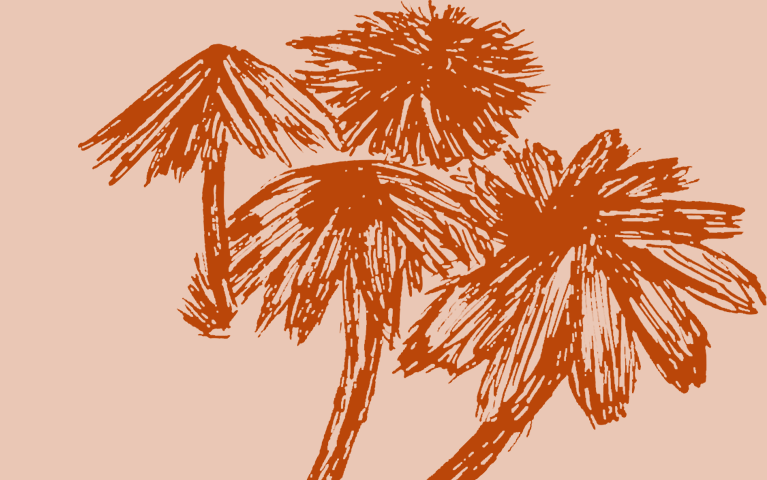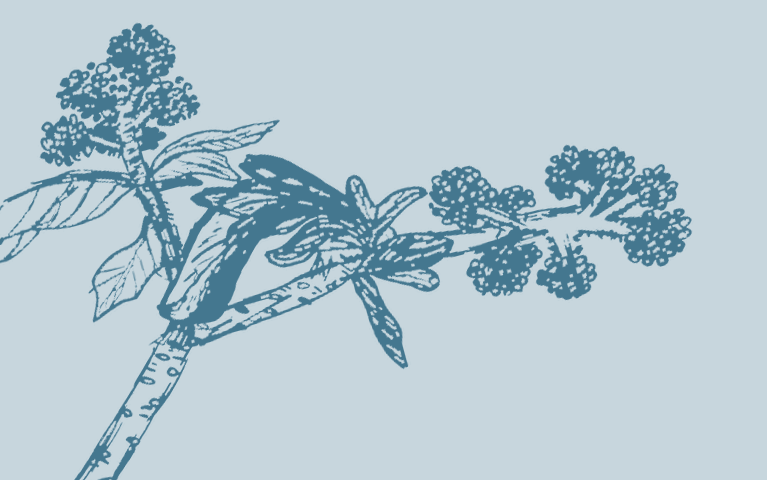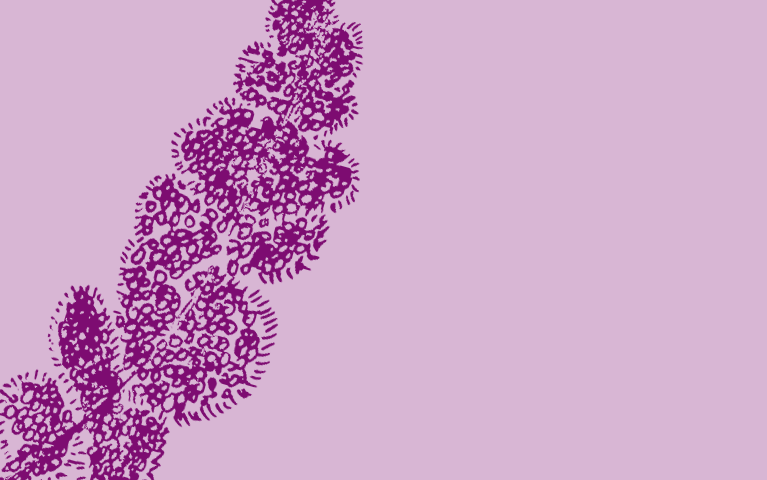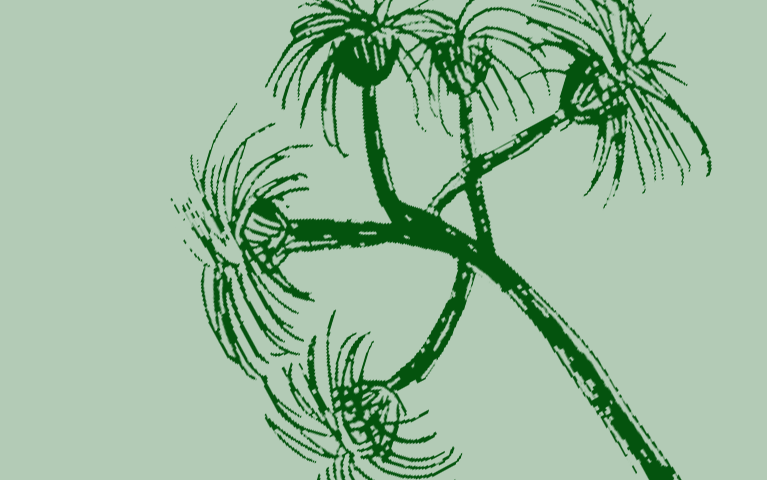Projects
Building a Compassionate and Resilient Community of Social…
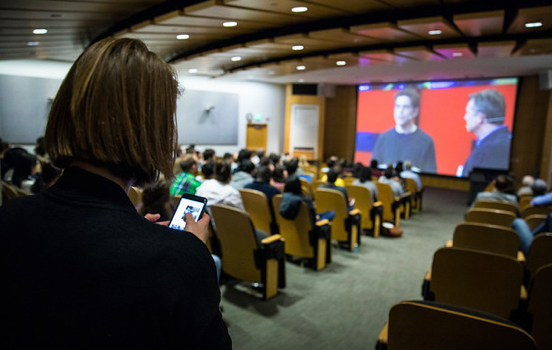
Building a Compassionate and Resilient Community of Social…
- Status
- Completed
- Mini
- Year
- 2022-2023
- Awarded
- $4,377
- Funding sources
- UW Resilience Lab (UWRL)
UW Engineers Without Borders Project Mobility
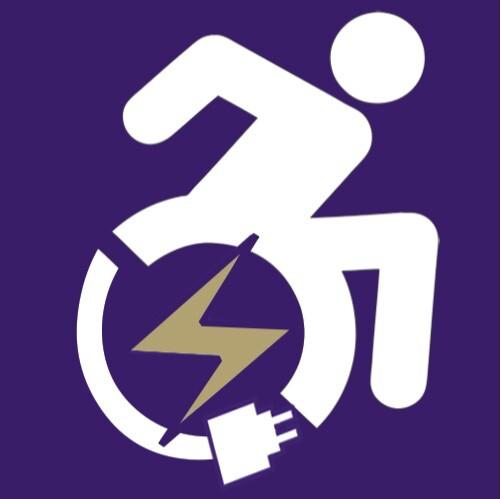
UW Engineers Without Borders Project Mobility
- Status
- Active
- Mini
- Year
- 2022-2023
- Awarded
- $3,300
- Funding sources
- Services and Activities Fee (SAF)
Amplifying Voices: Digital Storytelling for Asian and…
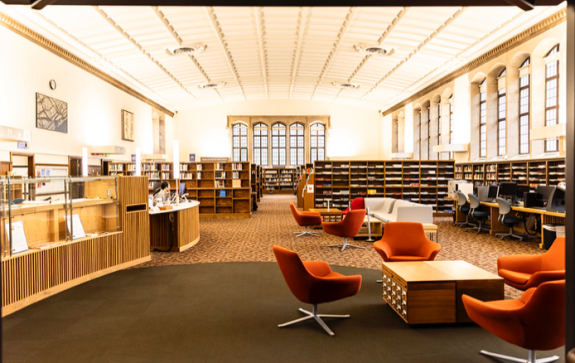
Amplifying Voices: Digital Storytelling for Asian and…
- Status
- Completed
- Mini
- Year
- 2022-2023
- Awarded
- $5,000
- Funding sources
- UW Resilience Lab (UWRL)
Bricolage Literary & Visual Arts Journal (Issue 41)
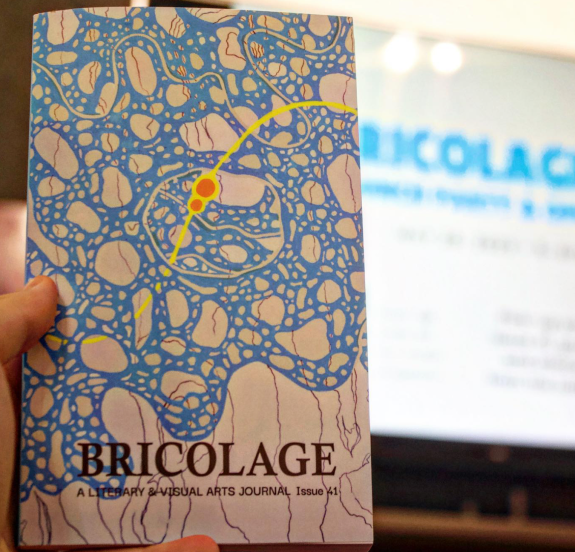
Bricolage Literary & Visual Arts Journal (Issue 41)
- Status
- Completed
- Mini
- Year
- 2022-2023
- Awarded
- $1,000
- Funding sources
- Services and Activities Fee (SAF)
Neurodivergent Voices: Identifying Teaching Practices That…
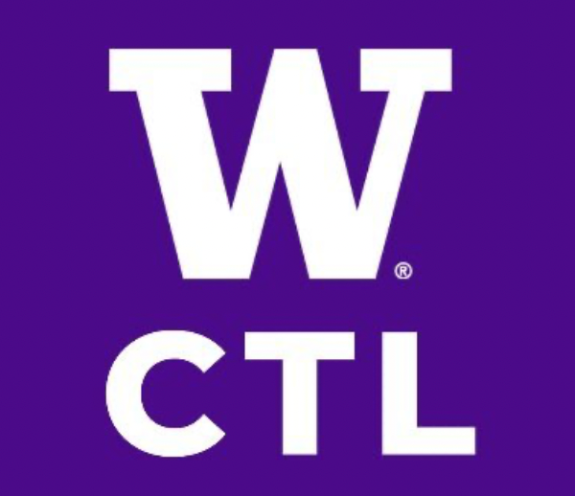
Neurodivergent Voices: Identifying Teaching Practices That…
- Status
- Completed
- Mini
- Year
- 2022-2023
- Awarded
- $2,006
- Funding sources
- UW Resilience Lab (UWRL)
UW Farm Dirty Dozen DIY Vermicompost Night
UW Farm Dirty Dozen DIY Vermicompost Night
- Status
- Completed
- Mini
- Year
- 2022-2023
- Awarded
- $320
- Funding sources
- Services and Activities Fee (SAF)
Integrated Social Sciences Peer Mentoring Advisory Group

Integrated Social Sciences Peer Mentoring Advisory Group
- Status
- Completed
- Mini
- Year
- 2022-2023
- Awarded
- $4,500
- Funding sources
- Services and Activities Fee (SAF)
2023 TSA Night Market Sustainable Program
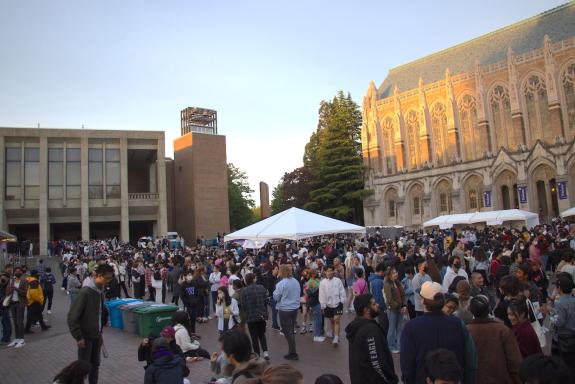
2023 TSA Night Market Sustainable Program
- Status
- Completed
- Mini
- Year
- 2022-2023
- Awarded
- $1,000
- Funding sources
- Services and Activities Fee (SAF)
EnGender
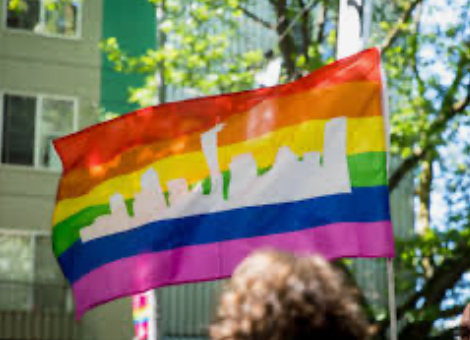
EnGender
- Status
- Active
- Mini
- Year
- 2022-2023
- Awarded
- $5,000
- Funding sources
- Services and Activities Fee (SAF)
College of Engineering’s DEI Community Conversations…
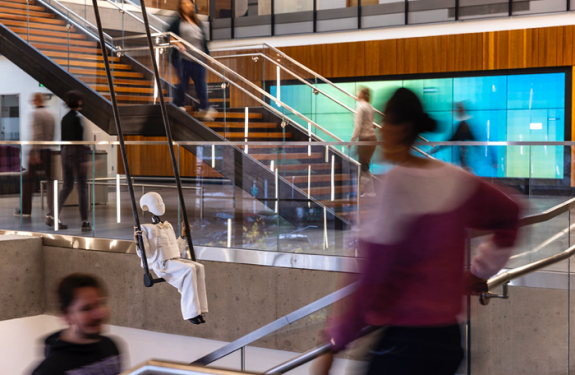
College of Engineering’s DEI Community Conversations…
- Status
- Active
- Mini
- Year
- 2022-2023
- Awarded
- $4,250
- Funding sources
- Services and Activities Fee (SAF)
UW Farm Wapato Pond
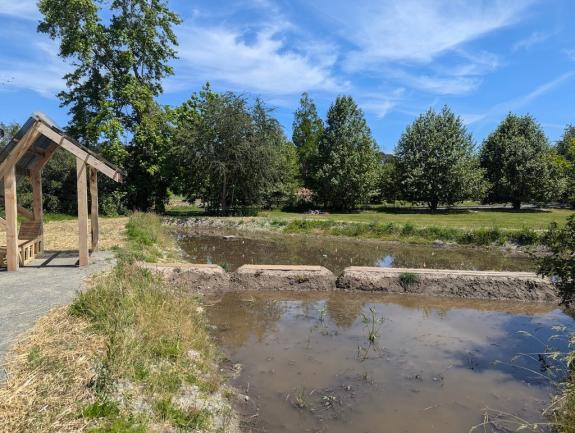
UW Farm Wapato Pond
- Status
- Active
- Mini
- Year
- 2022-2023
- Awarded
- $5,000
- Funding sources
- Services and Activities Fee (SAF)
Menstruation Station
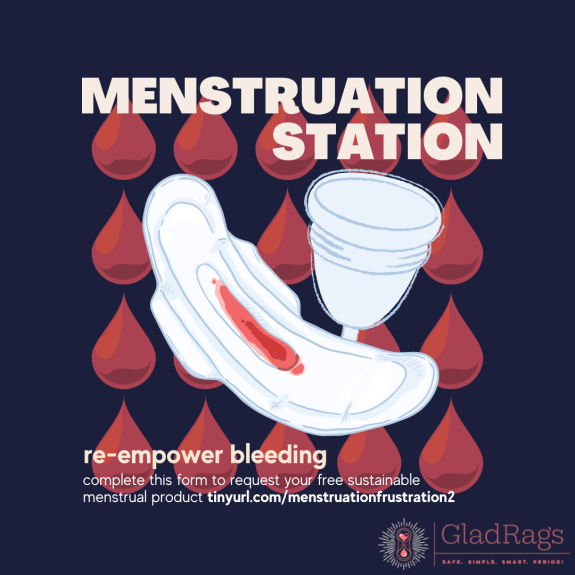
Menstruation Station
- Status
- Active
- Large
- Year
- 2022-2023
- Awarded
- $3,000
- Funding sources
- Services and Activities Fee (SAF)
Dynamic Interpretive Signage at the UW Farm
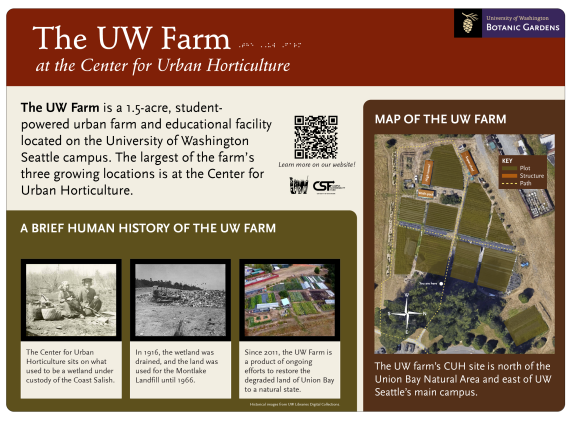
Dynamic Interpretive Signage at the UW Farm
- Status
- Active
- Mini
- Year
- 2022-2023
- Awarded
- $2,200
- Funding sources
- Services and Activities Fee (SAF)
52nd Spring Powwow
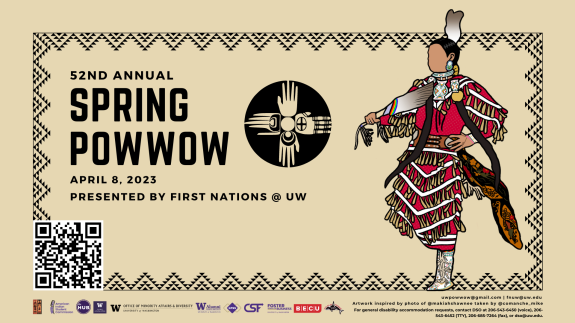
52nd Spring Powwow
- Status
- Completed
- Large
- Year
- 2022-2023
- Awarded
- $9,078
- Funding sources
- Services and Activities Fee (SAF)
Energy, Information, and the New Work of Building…
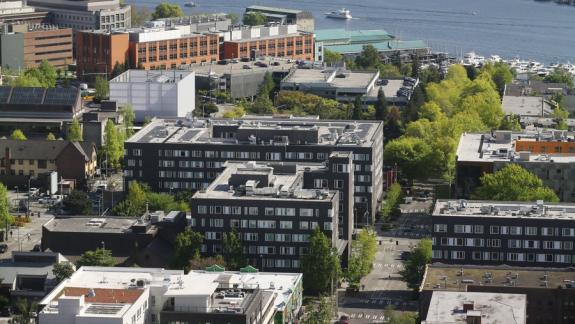
Energy, Information, and the New Work of Building…
- Status
- Completed
- Large
- Year
- 2022-2023
- Awarded
- $19,833
- Funding sources
- Services and Activities Fee (SAF)
Sustainable Stormwater Feasibility: The Historic ASUW Shell…
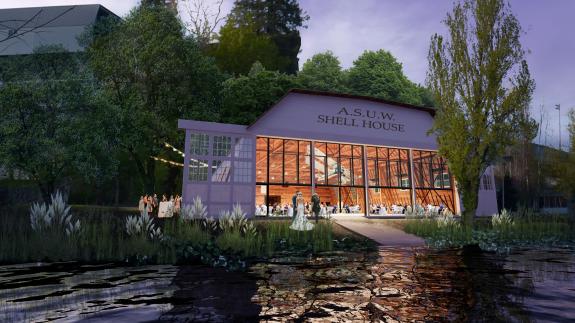
Sustainable Stormwater Feasibility: The Historic ASUW Shell…
- Status
- Active
- Large
- Year
- 2022-2023
- Awarded
- $31,959
- Funding sources
- Services and Activities Fee (SAF)
Cross-Cultural Collaboration at the Burke Meadow:…
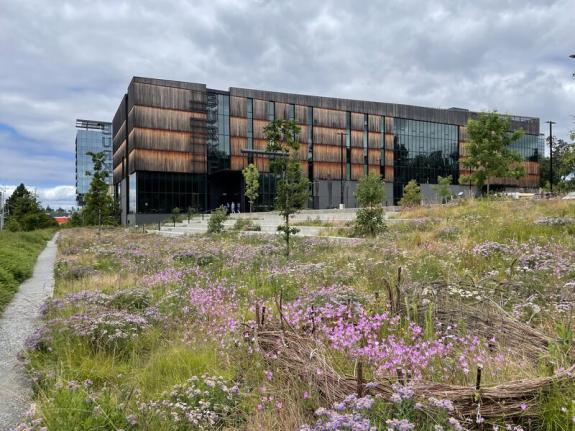
Cross-Cultural Collaboration at the Burke Meadow:…
- Status
- Active
- Large
- Year
- 2022-2023
- Awarded
- $28,240
- Funding sources
- Services and Activities Fee (SAF)
Accessible Pathways at the UW Farm: Promoting the…
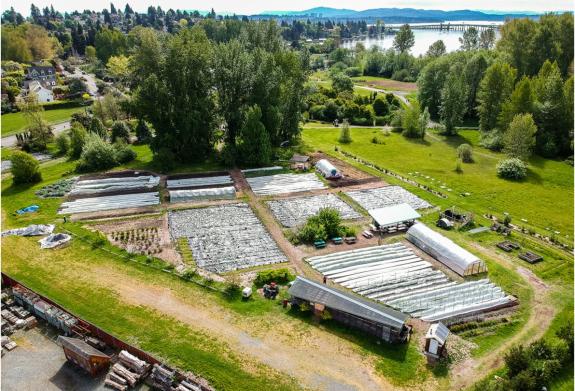
Accessible Pathways at the UW Farm: Promoting the…
- Status
- Active
- Large
- Year
- 2022-2023
- Awarded
- $17,220
- Funding sources
- Services and Activities Fee (SAF)
KERATON 2023
KERATON 2023
- Status
- Completed
- Mini
- Year
- 2022-2023
- Awarded
- $5,000
- Funding sources
- Services and Activities Fee (SAF)
Fostering Community among Undergraduates in the Life…
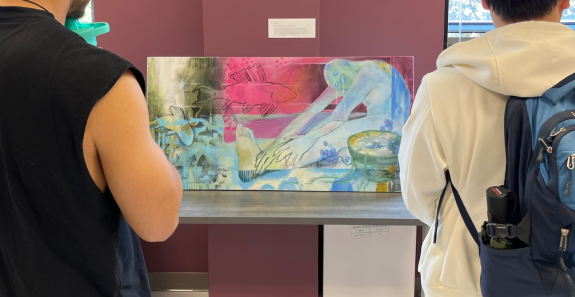
Fostering Community among Undergraduates in the Life…
- Status
- Completed
- Mini
- Year
- 2022-2023
- Awarded
- $3,770
- Funding sources
- UW Resilience Lab (UWRL)Services and Activities Fee (SAF)
Canoe Family at UW
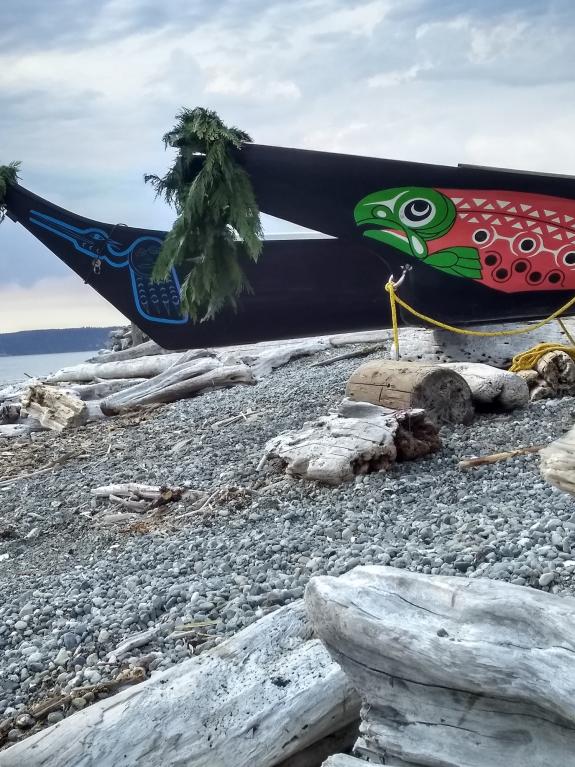
Canoe Family at UW
- Status
- Completed
- Mini
- Year
- 2022-2023
- Awarded
- $5,000
- Funding sources
- Services and Activities Fee (SAF)
Names & Pronunciations Initiative (NPI)
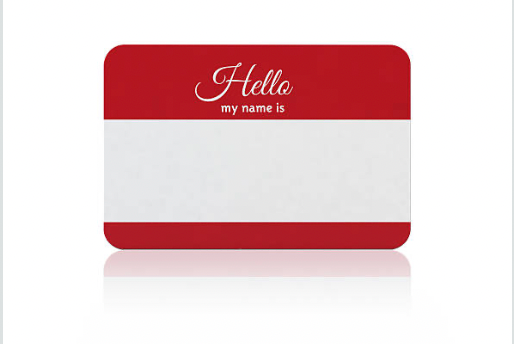
Names & Pronunciations Initiative (NPI)
- Status
- Completed
- Mini
- Year
- 2022-2023
- Awarded
- $1,275
- Funding sources
- UW Resilience Lab (UWRL)
Addressing Career Anxiety for School of Urban Studies…
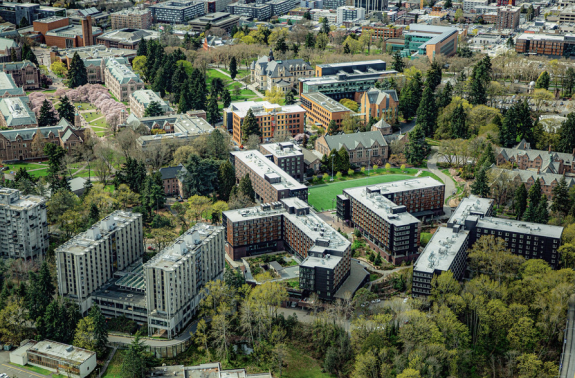
Addressing Career Anxiety for School of Urban Studies…
- Status
- Completed
- Mini
- Year
- 2021-2022
- Awarded
- $3,900
- Funding sources
- UW Resilience Lab (UWRL)
Eat Local Food Fair
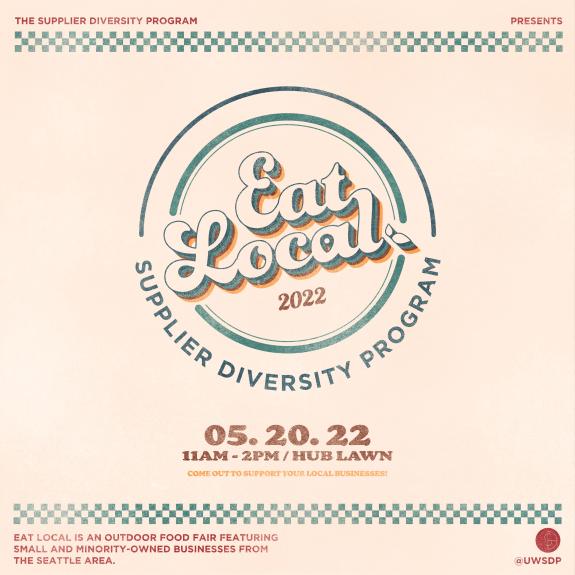
Eat Local Food Fair
- Status
- Completed
- Mini
- Year
- 2021-2022
- Awarded
- $700
- Funding sources
- Services and Activities Fee (SAF)
Embodying Abolition
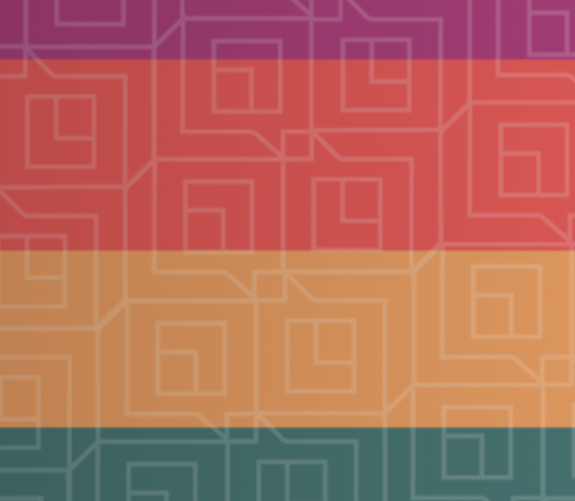
Embodying Abolition
- Status
- Completed
- Mini
- Year
- 2021-2022
- Awarded
- $2,500
- Funding sources
- UW Resilience Lab (UWRL)
Resiliency Tunnel
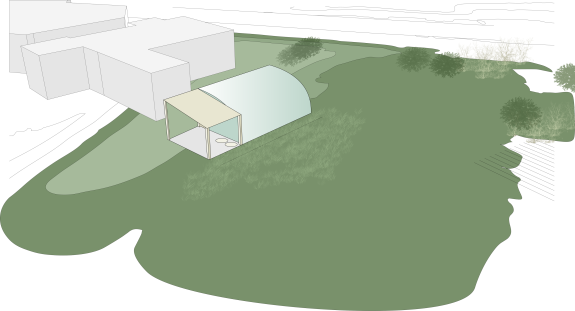
Resiliency Tunnel
- Status
- Active
- Large
- Year
- 2021-2022
- Awarded
- $12,000
- Funding sources
- Services and Activities Fee (SAF)
Undergraduate Academic Affairs (UAA) Race-Based Staff…
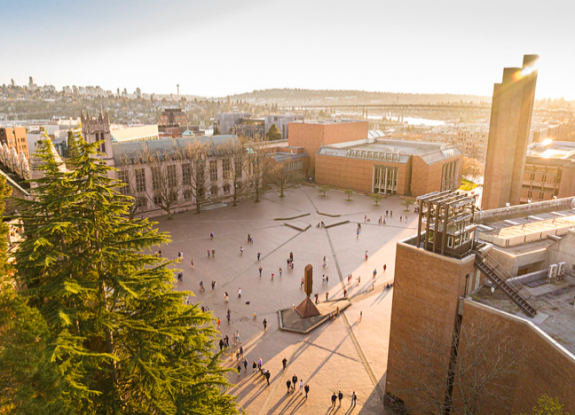
Undergraduate Academic Affairs (UAA) Race-Based Staff…
- Status
- Completed
- Mini
- Year
- 2021-2022
- Awarded
- $5,000
- Funding sources
- Services and Activities Fee (SAF)
Queer and Trans BIPOC Artist-Scholar Graduate Student…
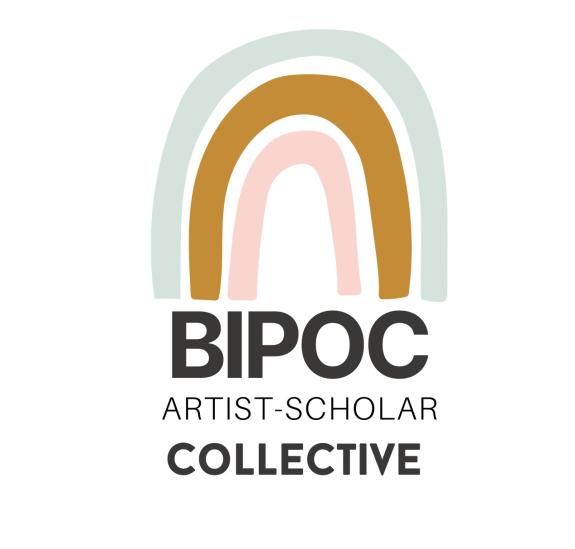
Queer and Trans BIPOC Artist-Scholar Graduate Student…
- Status
- Active
- Large
- Year
- 2021-2022
- Awarded
- $29,950
- Funding sources
- Services and Activities Fee (SAF)
Indonesian Student Association at the University of…
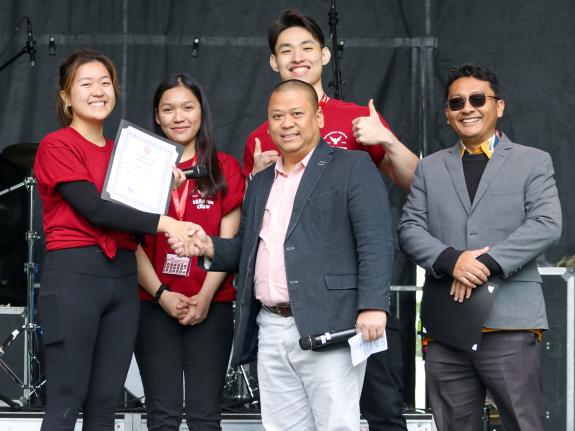
Indonesian Student Association at the University of…
- Status
- Completed
- Large
- Year
- 2021-2022
- Awarded
- $10,000
- Funding sources
- Services and Activities Fee (SAF)
Future Teachers of Color Organization
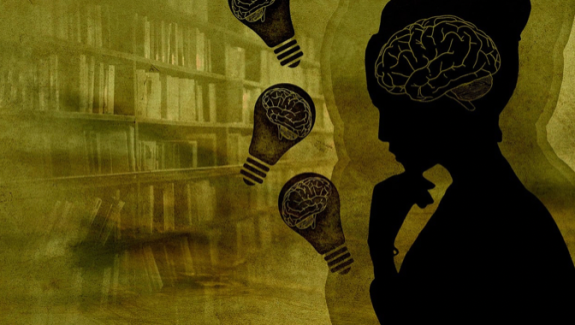
Future Teachers of Color Organization
- Status
- Completed
- Mini
- Year
- 2021-2022
- Awarded
- $3,500
- Funding sources
- Services and Activities Fee (SAF)
Biomedical Engineering Society Mentorship Program
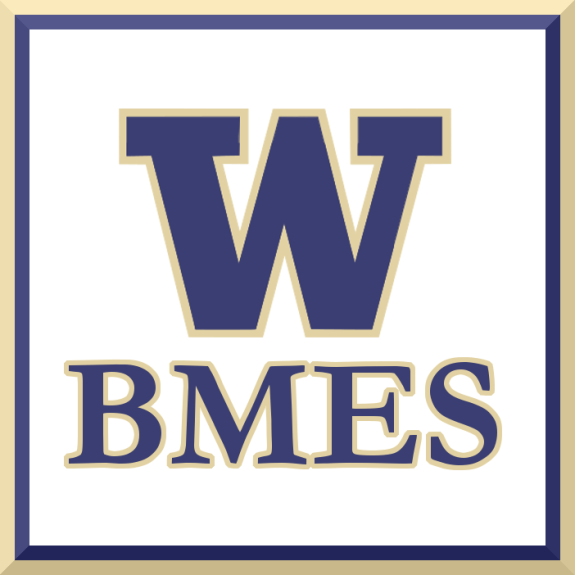
Biomedical Engineering Society Mentorship Program
- Status
- Active
- Large
- Year
- 2021-2022
- Awarded
- $5,000
- Funding sources
- Services and Activities Fee (SAF)
College-high school Resilience, Outreach, & Wellbeing (…
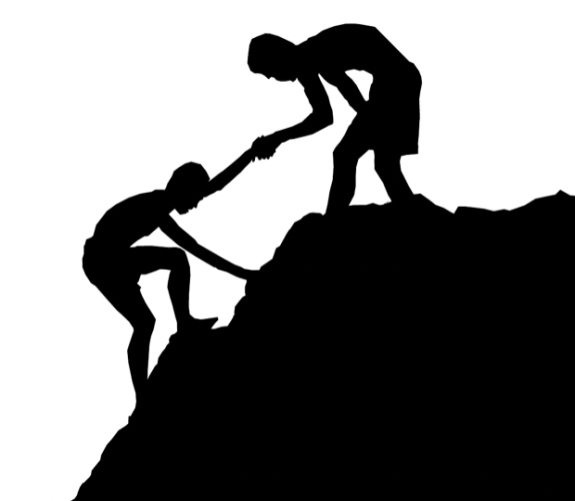
College-high school Resilience, Outreach, & Wellbeing (…
- Status
- Completed
- Mini
- Year
- 2021-2022
- Awarded
- $1,728
- Funding sources
- UW Resilience Lab (UWRL)
Student Athletes of UW for Sustainability (SAUWS) Union Bay…
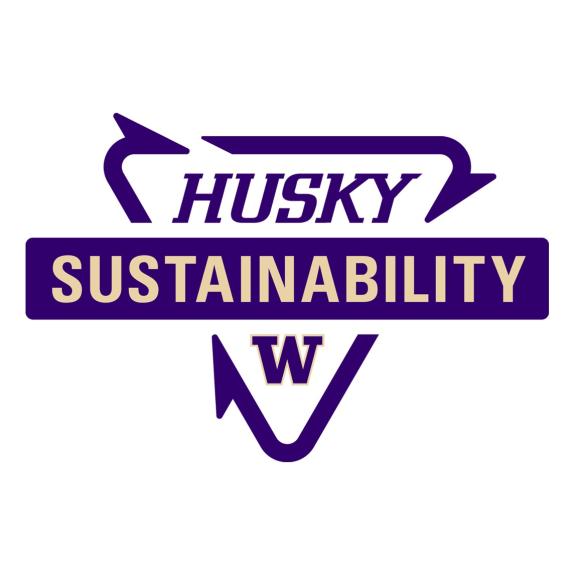
Student Athletes of UW for Sustainability (SAUWS) Union Bay…
- Status
- Completed
- Mini
- Year
- 2021-2022
- Awarded
- $500
- Funding sources
- Services and Activities Fee (SAF)
Humanist Huskies: Empowering Liberal Arts Students Through…
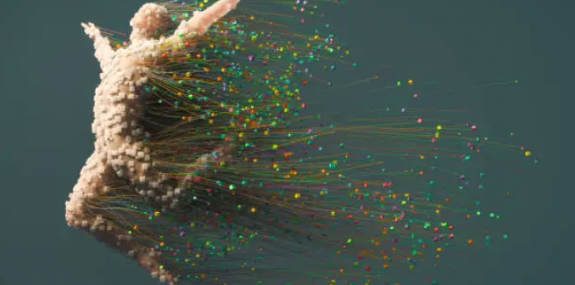
Humanist Huskies: Empowering Liberal Arts Students Through…
- Status
- Completed
- Mini
- Year
- 2021-2022
- Awarded
- $1,452
- Funding sources
- Services and Activities Fee (SAF)
Evaluating Campus Bird Building Collisions
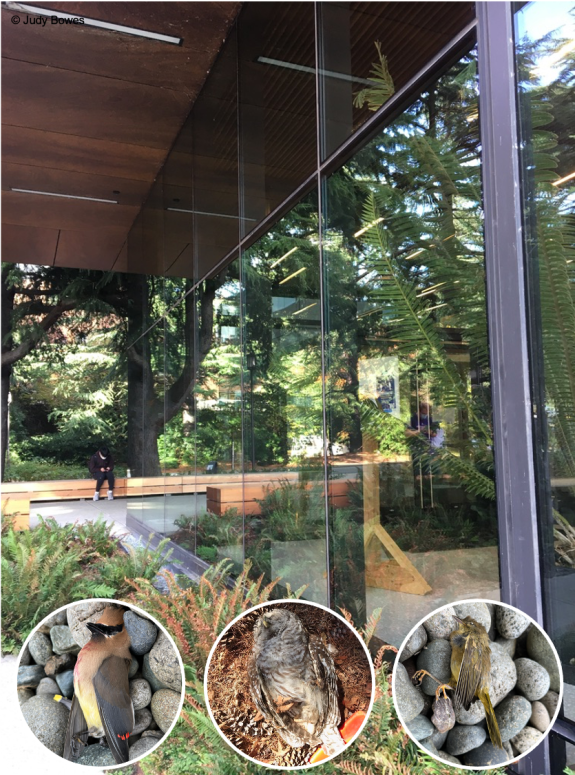
Evaluating Campus Bird Building Collisions
- Status
- Active
- Large
- Year
- 2021-2022
- Awarded
- $43,339
- Funding sources
- Services and Activities Fee (SAF)
Critical Conversations Collective

Critical Conversations Collective
- Status
- Completed
- Mini
- Year
- 2021-2022
- Awarded
- $3,000
- Funding sources
- Services and Activities Fee (SAF)
Brockman Memorial Tree Tour Renovation
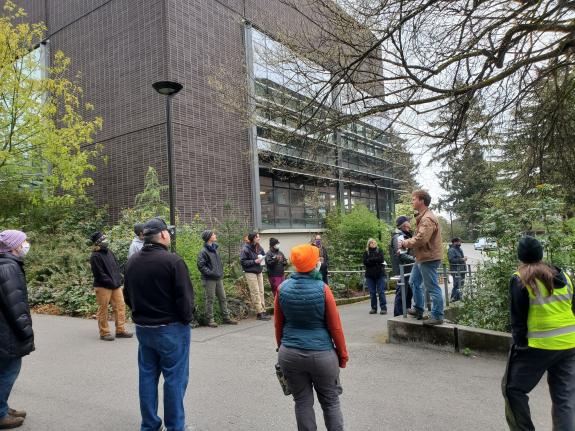
Brockman Memorial Tree Tour Renovation
- Status
- Completed
- Mini
- Year
- 2020-2021
- Awarded
- $925
- Funding sources
- Services and Activities Fee (SAF)
Incorporating Multiple Knowledge Systems: The Future of…
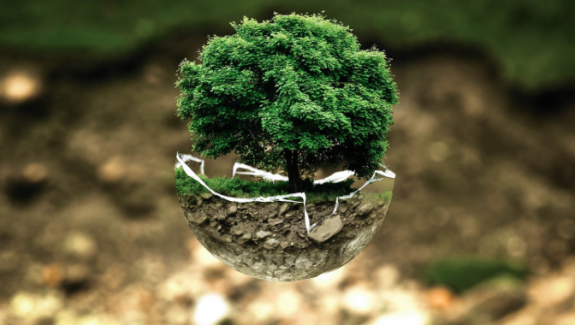
Incorporating Multiple Knowledge Systems: The Future of…
- Status
- Completed
- Mini
- Year
- 2020-2021
- Awarded
- $2,416
- Funding sources
- UW Resilience Lab (UWRL)
Individuals Standing Against Interpersonal Violence (ISAIV)
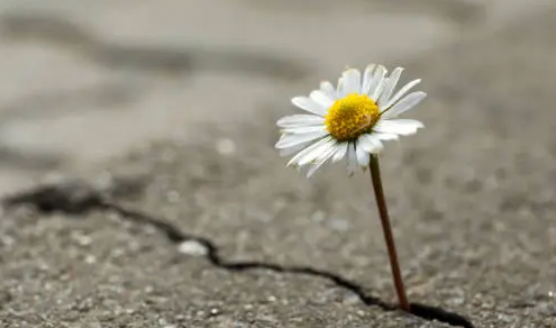
Individuals Standing Against Interpersonal Violence (ISAIV)
- Status
- Completed
- Mini
- Year
- 2020-2021
- Awarded
- $276
- Funding sources
- UW Resilience Lab (UWRL)
Brotherhood Initiative Retreat
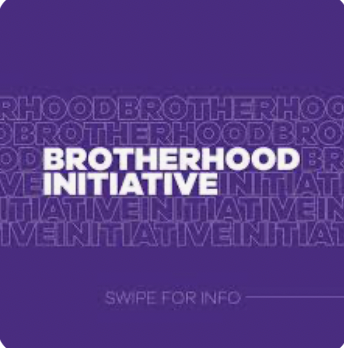
Brotherhood Initiative Retreat
- Status
- Completed
- Mini
- Year
- 2020-2021
- Awarded
- $3,000
- Funding sources
- UW Resilience Lab (UWRL)
Advancing Equity through Embodied Pedagogies
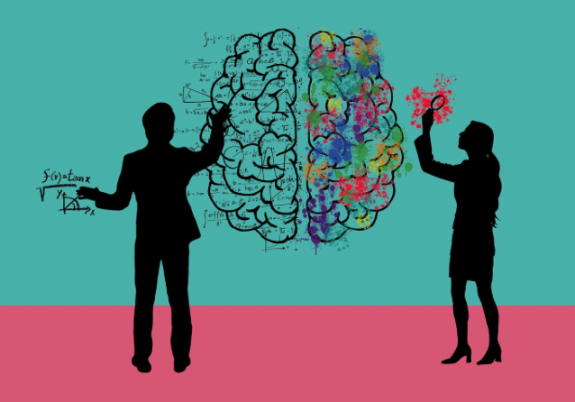
Advancing Equity through Embodied Pedagogies
- Status
- Completed
- Mini
- Year
- 2020-2021
- Awarded
- $3,000
- Funding sources
- UW Resilience Lab (UWRL)Services and Activities Fee (SAF)
Project Orca, University of Washington Human Powered…
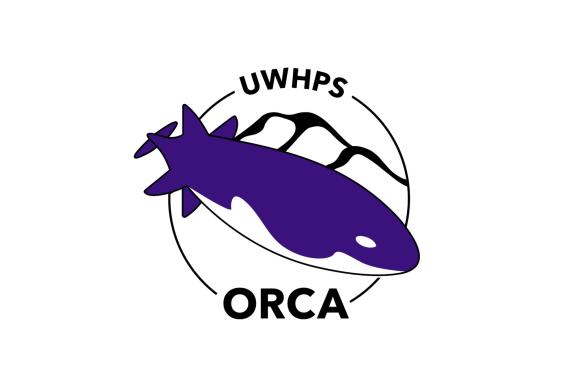
Project Orca, University of Washington Human Powered…
- Status
- Inactive
- Large
- Year
- 2020-2021
- Awarded
- $2,000
- Funding sources
- Services and Activities Fee (SAF)
Intro to Engineering Science Kits
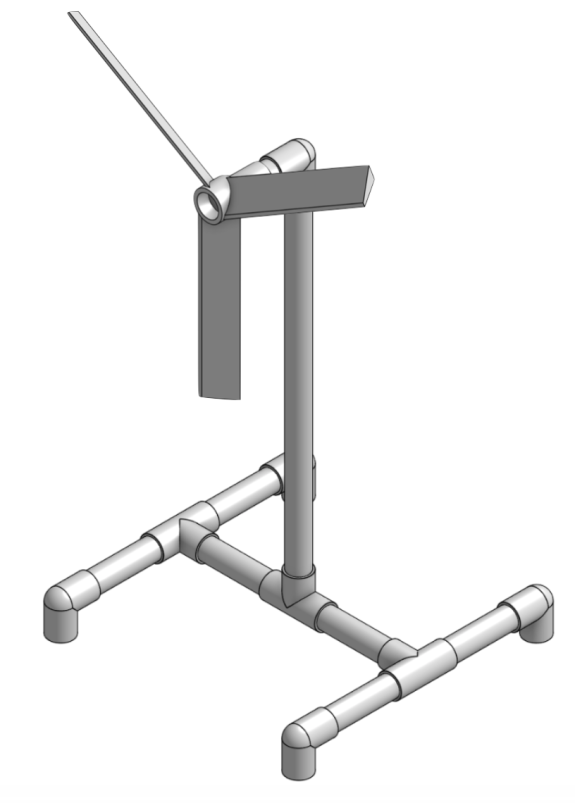
Intro to Engineering Science Kits
- Status
- Completed
- Mini
- Year
- 2020-2021
- Awarded
- $997
- Funding sources
- Services and Activities Fee (SAF)
Eraced Magazine
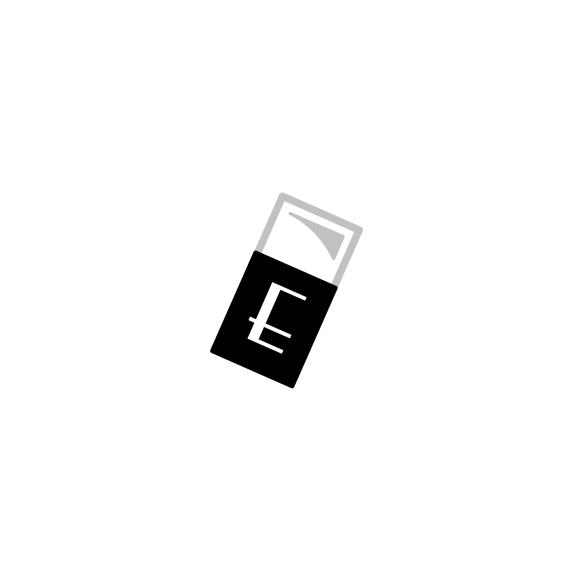
Eraced Magazine
- Status
- Completed
- Mini
- Year
- 2020-2021
- Awarded
- $1,000
- Funding sources
- Services and Activities Fee (SAF)
Global Sustainability Case Competition
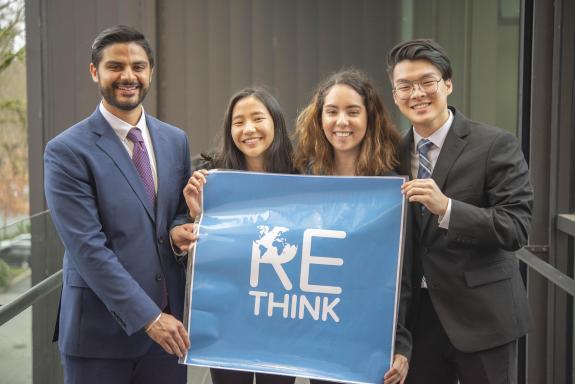
Global Sustainability Case Competition
- Status
- Completed
- Mini
- Year
- 2020-2021
- Awarded
- $610
- Funding sources
- Services and Activities Fee (SAF)
Sustainability Action Arena: Video Games for Sustainability…
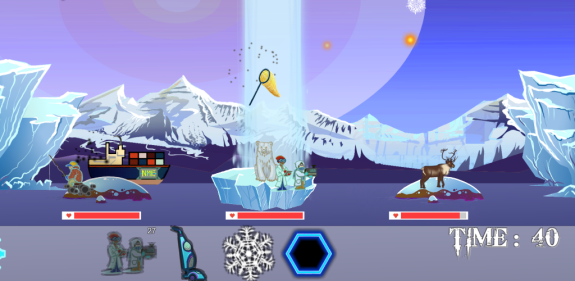
Sustainability Action Arena: Video Games for Sustainability…
- Status
- Active
- Large
- Year
- 2020-2021
- Awarded
- $29,919
- Funding sources
- Services and Activities Fee (SAF)
Wheelchair Accessible Scale at Hall Health Center
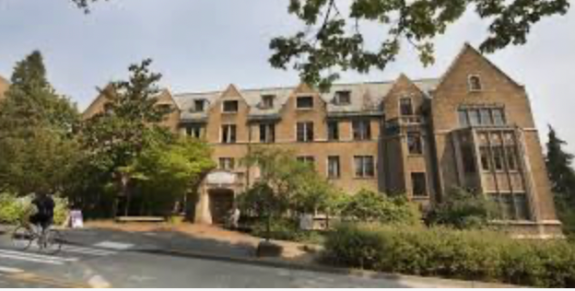
Wheelchair Accessible Scale at Hall Health Center
- Status
- Completed
- Mini
- Year
- 2020-2021
- Awarded
- $3,000
- Funding sources
- Services and Activities Fee (SAF)
Kincaid Ravine Restoration Project
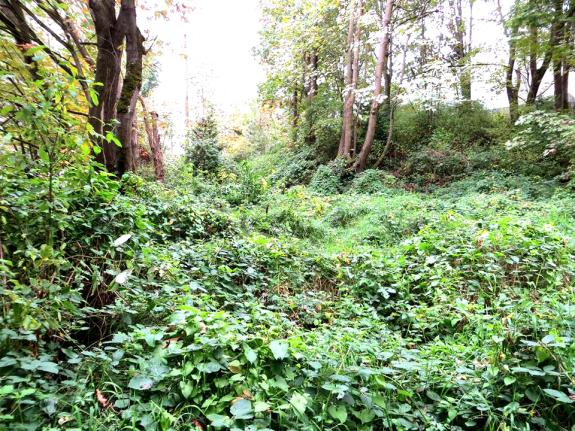
Kincaid Ravine Restoration Project
- Status
- Completed
- Large
- Year
- 2020-2021
- Awarded
- $15,000
- Funding sources
- Services and Activities Fee (SAF)
Rhizomet (Environmental Heavy Metal Bio-Extraction Project)
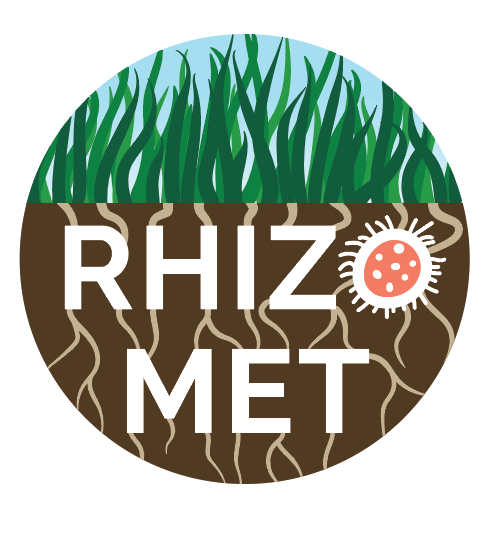
Rhizomet (Environmental Heavy Metal Bio-Extraction Project)
- Status
- Inactive
- Large
- Year
- 2020-2021
- Awarded
- $20,000
- Funding sources
- Services and Activities Fee (SAF)
wǝɫǝbʔaltxw Native Garden Expansion
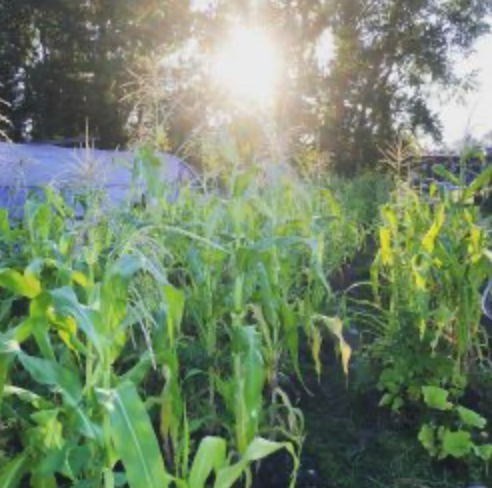
wǝɫǝbʔaltxw Native Garden Expansion
- Status
- Completed
- Mini
- Year
- 2020-2021
- Awarded
- $3,000
- Funding sources
- Services and Activities Fee (SAF)
